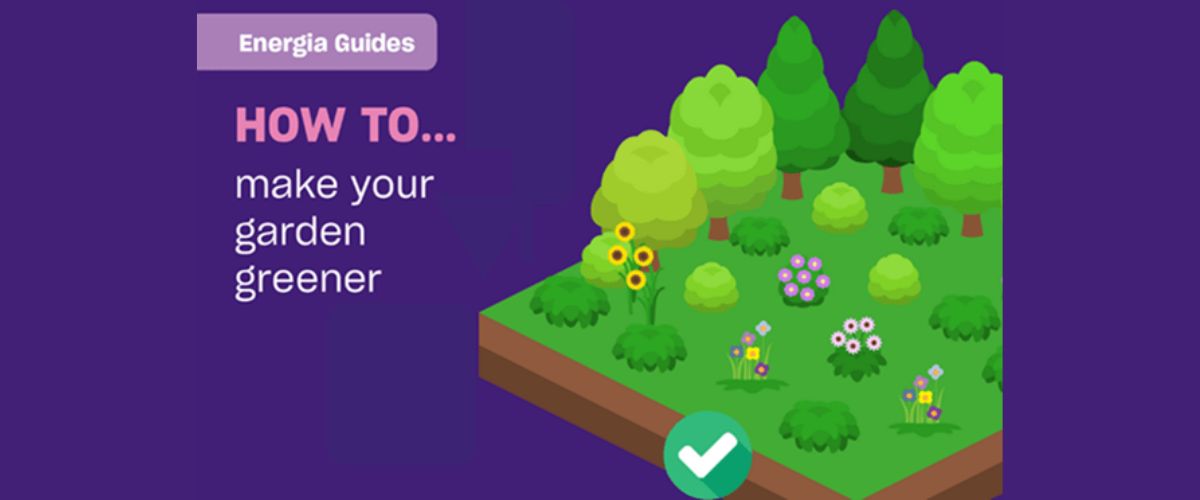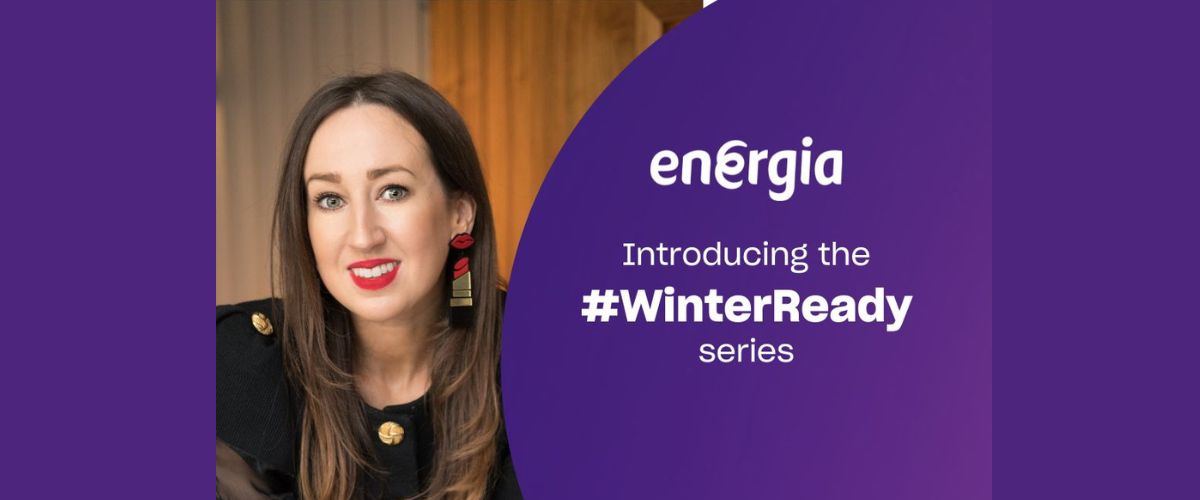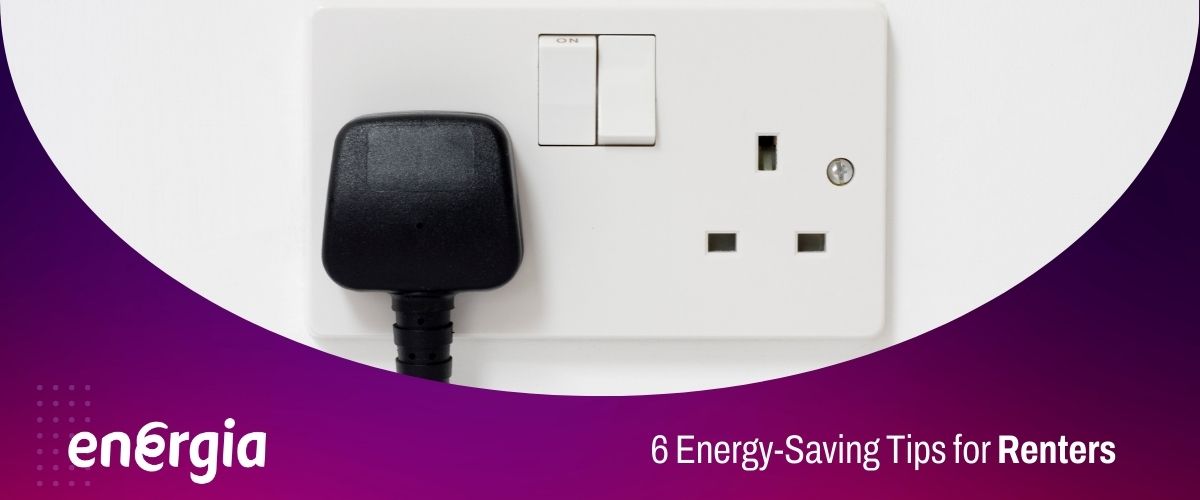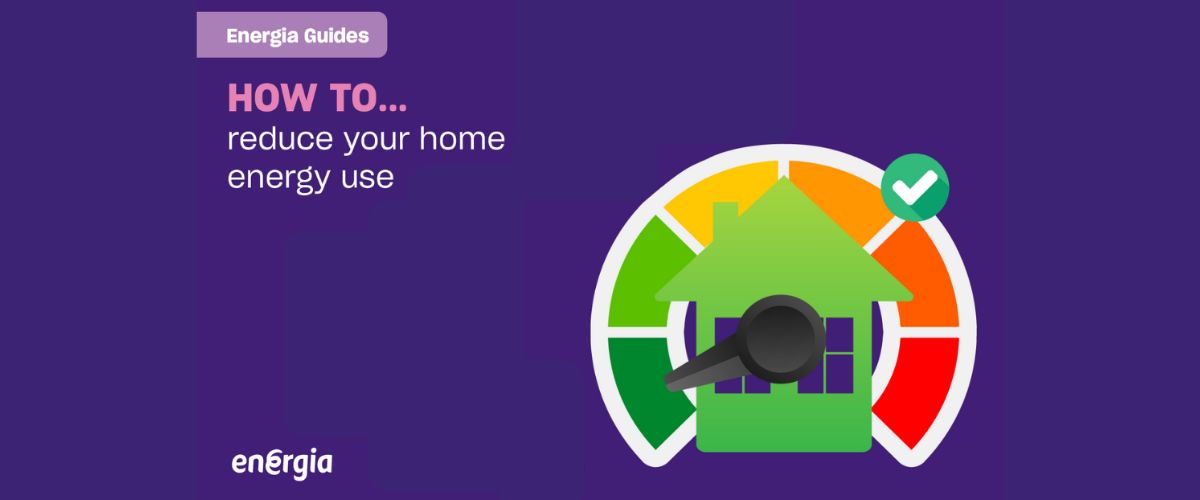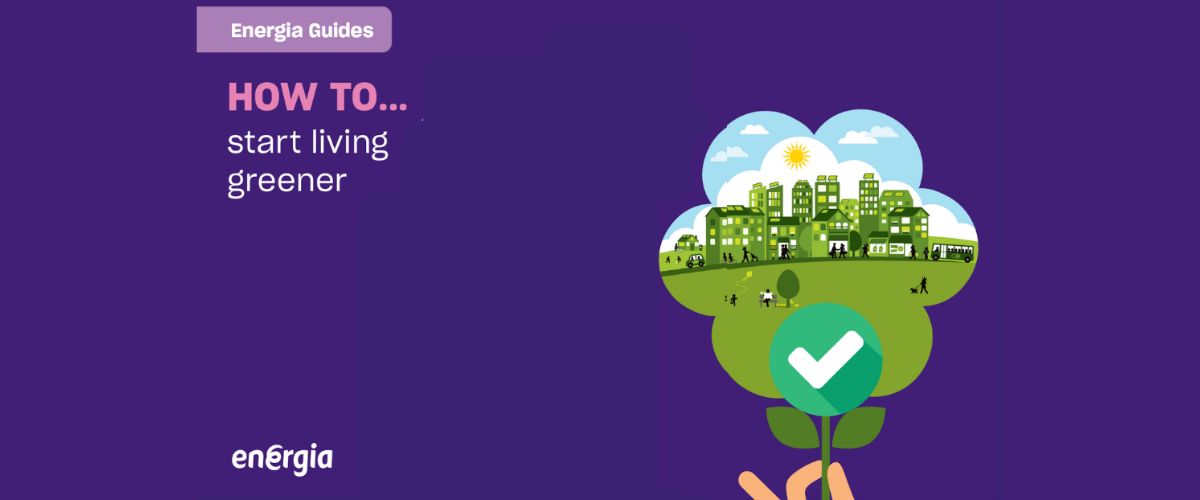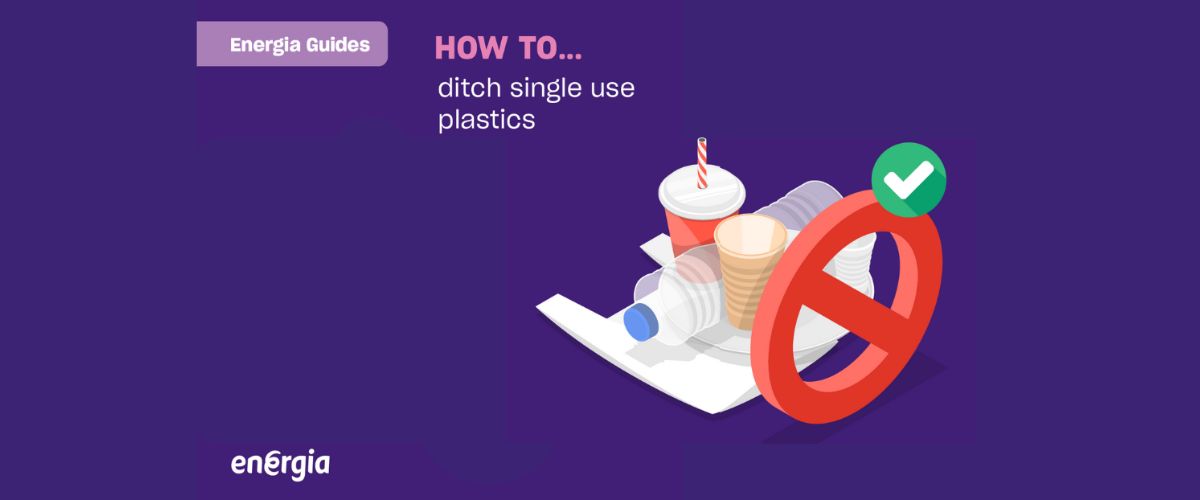How to save money in Ireland?
Do you feel like everyone is trying to take your money? It barely gets to your account, and it is gone. Are you struggling to make your money last until the end of the month? Trying to save for a house? Or do you want to set up a college fund for your children?
Whatever the reason it is sometimes hard to see the ways you could be saving some money without sacrificing the fun things in life.
Set up a savings account:
-
First things first, set up a savings account separate to your current account, so you are not tempted to spend it.
-
Set up a direct debit to transfer a percentage of your income into the account each month.
Money saving tips in Ireland:
Make a budget
It is difficult to know how much you could save without knowing how much you are spending. Creating a budget may not be the most exciting task in the world but it will be worth it. To make it even easier MABS have a budget template you can use to track your spending.
Not sure how much you are spending outside of bills? Ask for a receipt every time you buy something for a few weeks and add it into your budget.
Avoid credit cards
If you want to get serious about saving, avoid using credit cards. If you are not able to pay off the balance in full each month the interest rates are usually very high.
If you can only afford small repayments, then your debt will continue to grow. It can be difficult to get out of this cycle. Fortunately, there is financial advice available if you are in difficulty with credit card debt.
Avoid contactless payment and use cash
“I’ll tap”, from food trucks to department stores, contactless payment is easy and convenient. The only thing is, it can be difficult to see where your money is going. Think about reverting back to cash for a few weeks, to truly get a sense of how money is being spent.
Review your subscriptions and memberships
Subscriptions can be useful and fun. Most of us would not have survived the 2020 lockdowns without them. But the small amounts here and there can really add up.
List out all of the subscriptions you have and how often you use them. Are there some there you haven’t used in a while? It might be time to cancel them. Same goes for a gym membership if you aren’t using it or tied into a contract. Exercise outside instead. Walking or cycling are great ways to keep moving for free. If the Irish weather is not playing ball, there are many free exercise videos on YouTube to take part in at home.
Switch to Energia
Making the switch to Energia is easy and could save you money on your current gas, electric or dual fuel bill. As well as saving money, you are also doing your bit for the environment because we provide 100% green electricity generated by our windfarms.
Check health insurance cover for unnecessary benefits
If you have health insurance, check your plan for unnecessary benefits. It may be worth calling your insurer to see if there is a more affordable plan that would provide the cover you need at a better price point.
Review mobile phone costs
One of the easiest ways to save money on your mobile phone is to switch to a sim only plan once your phone is paid for or your contract is up. Shop around for a package to suit your needs.
Tax relief
Something that is unknown or forgotten by many Irish people is you are entitled to tax relief on medical and a host of other expenses. If you are working, you may be entitled to 20% or 40% of the cost once they were not covered by insurance. Qualifying costs include:
- Doctor and consultant costs
- Non-routine dental care like crowns
- Special diet expenses if you are diabetic or celiac
To name a few, there are many more listed on the Revenue website. Claims can be made online, but you must have receipts as proof of payment.
Bank charges
A lot of Irish banks have recently increased their bank charges. If you have been affected, think about changing your account to a bank with lower fees. Switching bank accounts may seem overwhelming but your new bank will do most of the work for you once you get in touch with them.
Move direct debits to the beginning of the month
If you are paid at the end of the month, get in touch with your utilities and ask to move your direct debits to the 1st of the following month. This will mean your standard bills will be paid and the money left can be split into:
- Necessary spending: groceries, clothing etc.
- Discretionary spending: socialising etc.
- Savings
Saving money on food and drink:
We have loads of great tips for saving money on groceries, but we know there’s more to food and drink than eating at home.
Potluck dinner with friends
An easy way to cut back on spending while still seeing friends is to arrange a potluck dinner where everyone brings a dish or a course to one of your homes. Bonus points for setting a theme like Italian or Mexican night.
Buy a cafetiere or coffee machine
Buy a coffee every working day? You know it could add up to almost €800 a year right there. Make some easy savings without missing out on taste by investing in a coffee machine or cafetiere and a milk frother. Same great taste, a fraction of the price.
Buy a keep cup
You won’t always want to have coffee or tea at home, if you do want to meet a friend for coffee bring a keep cup. Many coffee shops offer a discount for having your own cup. Extra points for bringing your own coffee in an insulated cup!
Saving money as a parent in Ireland:
Saving money when you have children is even tougher. Some of our top tips include:
Apply for benefits and supports you may be entitled to
There are a range of financial supports available to parents depending on your circumstances. The most known one is child benefit [previously known as children's allowance] but there are others. If you have a child under 6 you can get a GP visit card.
Buy second hand or borrow
If you are due to have a child soon, consider buying second hand or borrowing equipment from friends or family who may no longer need it. Most baby equipment is not used for very long and can still be in very good condition. The only exception to this is car seats as it can be impossible to tell if they have been damaged or in a crash.
Keep toys to a minimum
You are likely to receive some as gifts and often babies are as happy playing with empty boxes, plastic bowls and other safe household items.
Bring a picnic
Eating out as a family is expensive. Where possible bring a picnic with lots of your children’s favourite foods so it still feels like a treat.
Plan a free day out
We are lucky in Ireland to have free greenways, beaches, parks, forests, and museums to enjoy so having a day out doesn't have to be expensive. Pack up the car or grab your Leap card for a budget friendly day making memories or check out one of our many Free-kend maps for even more ideas.


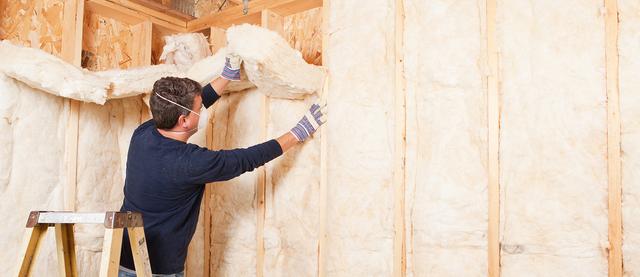
-(1).jpg?ext=.jpg)
-(1).png?ext=.png)

-(1).jpg?ext=.jpg)





.png?lang=en-GB&ext=.png)


